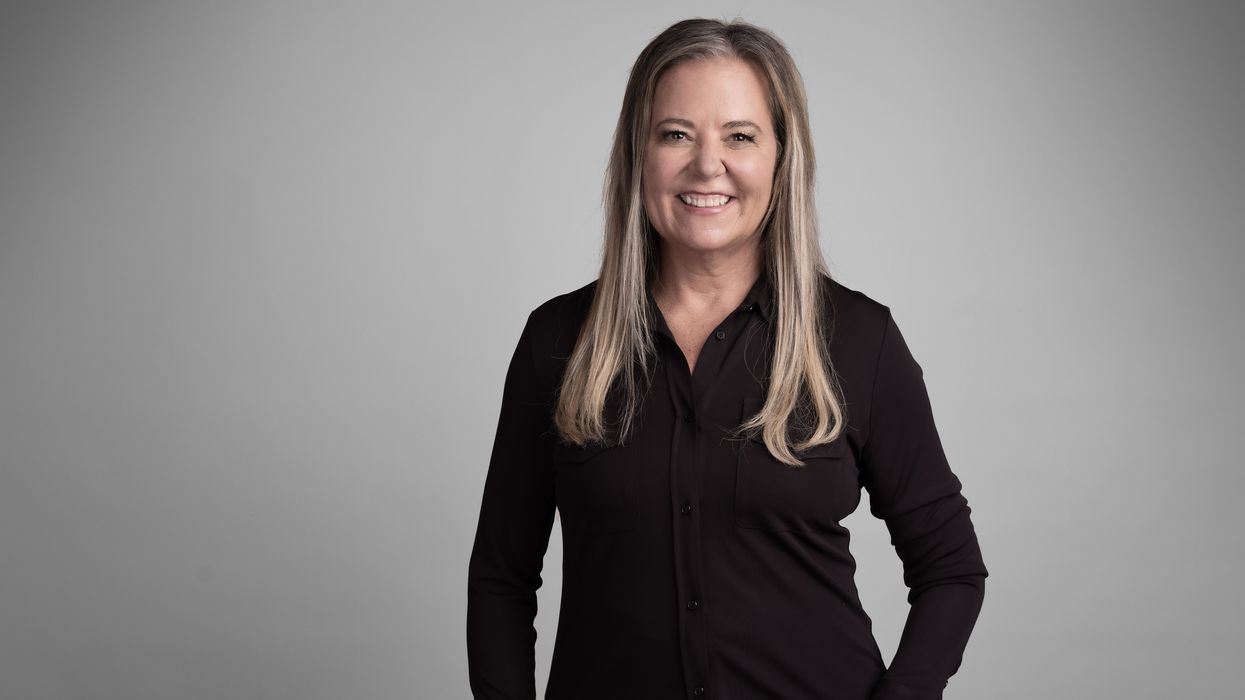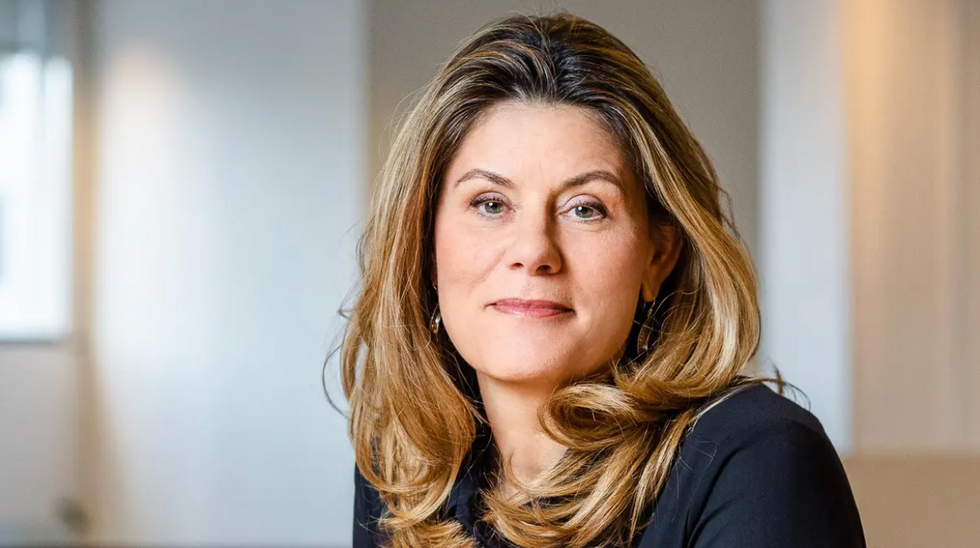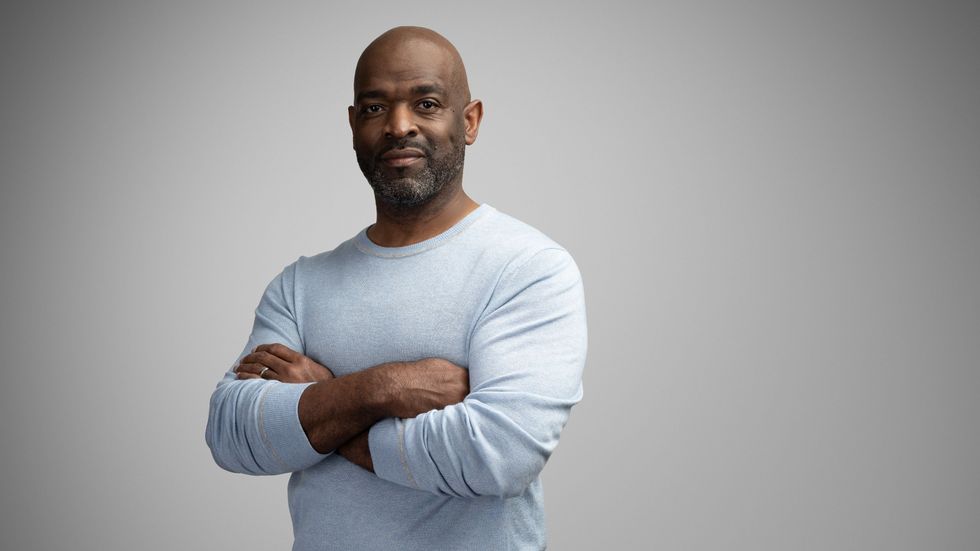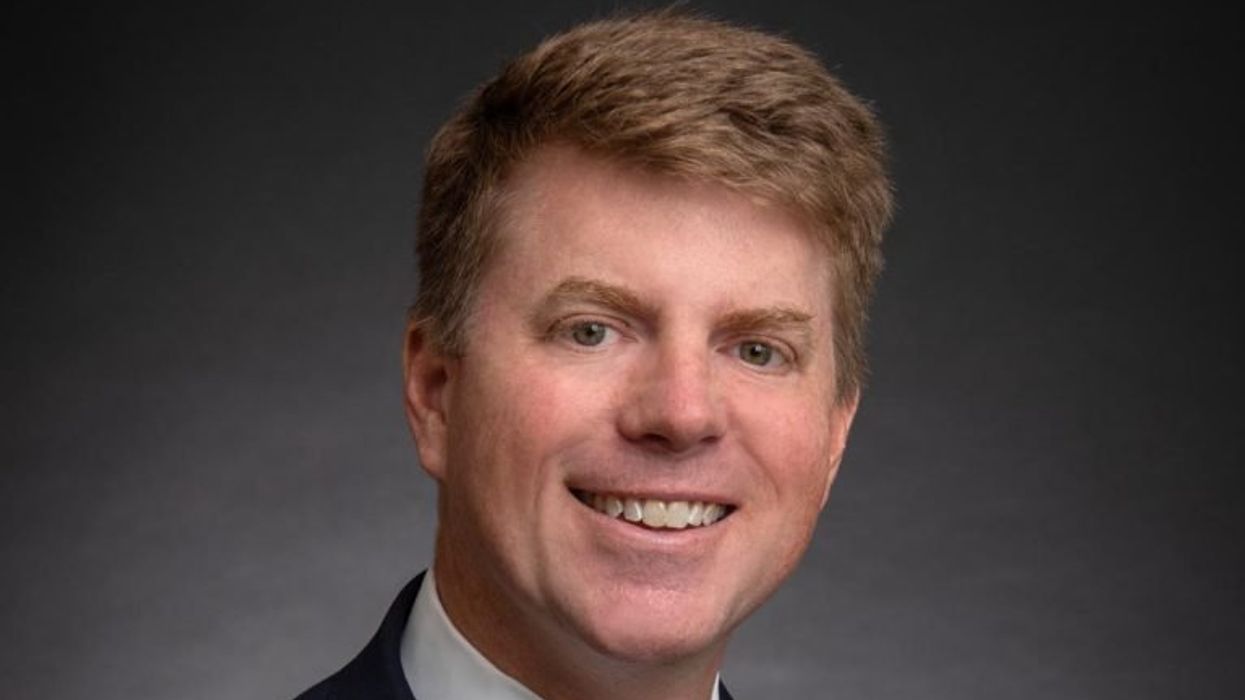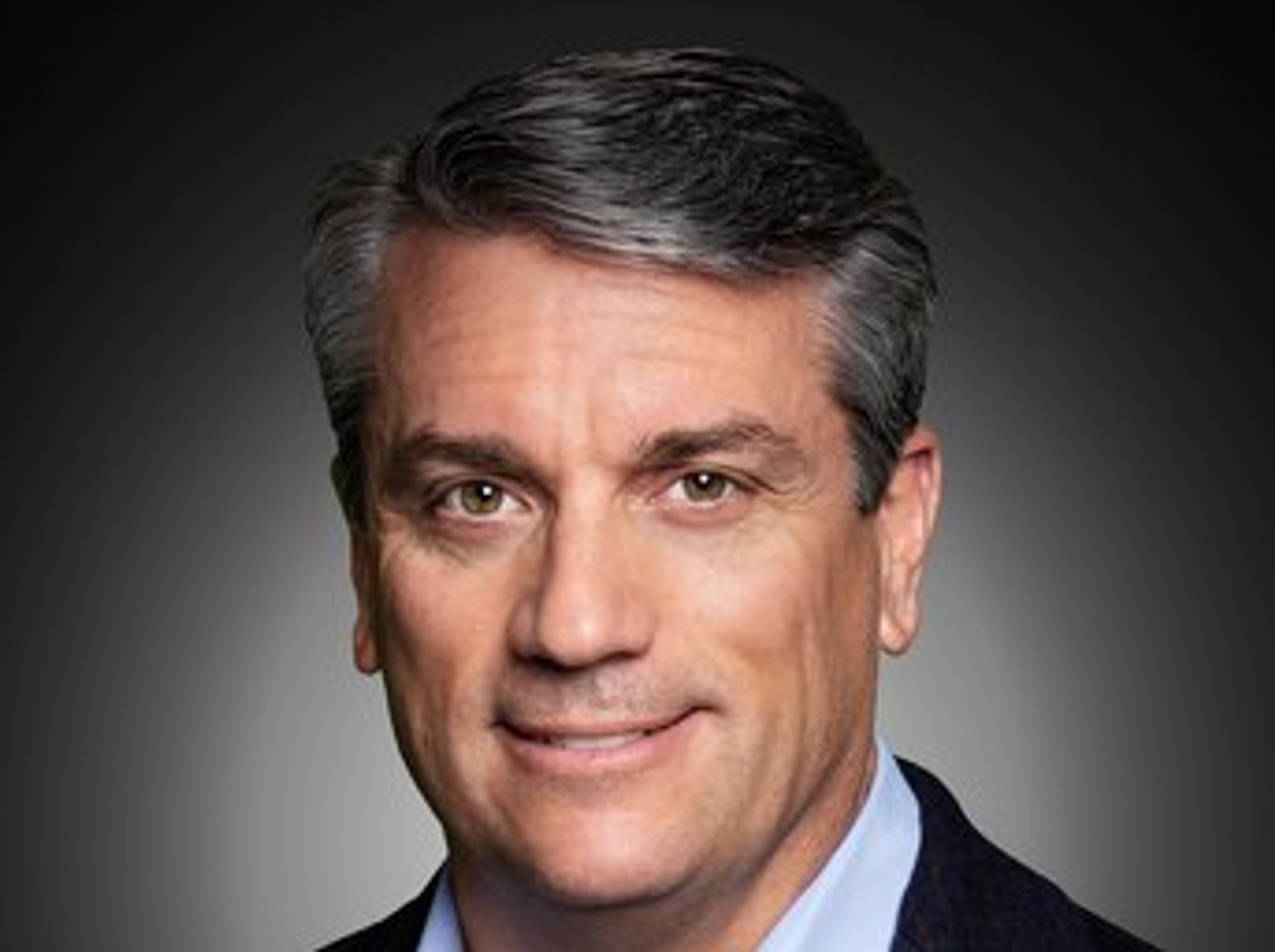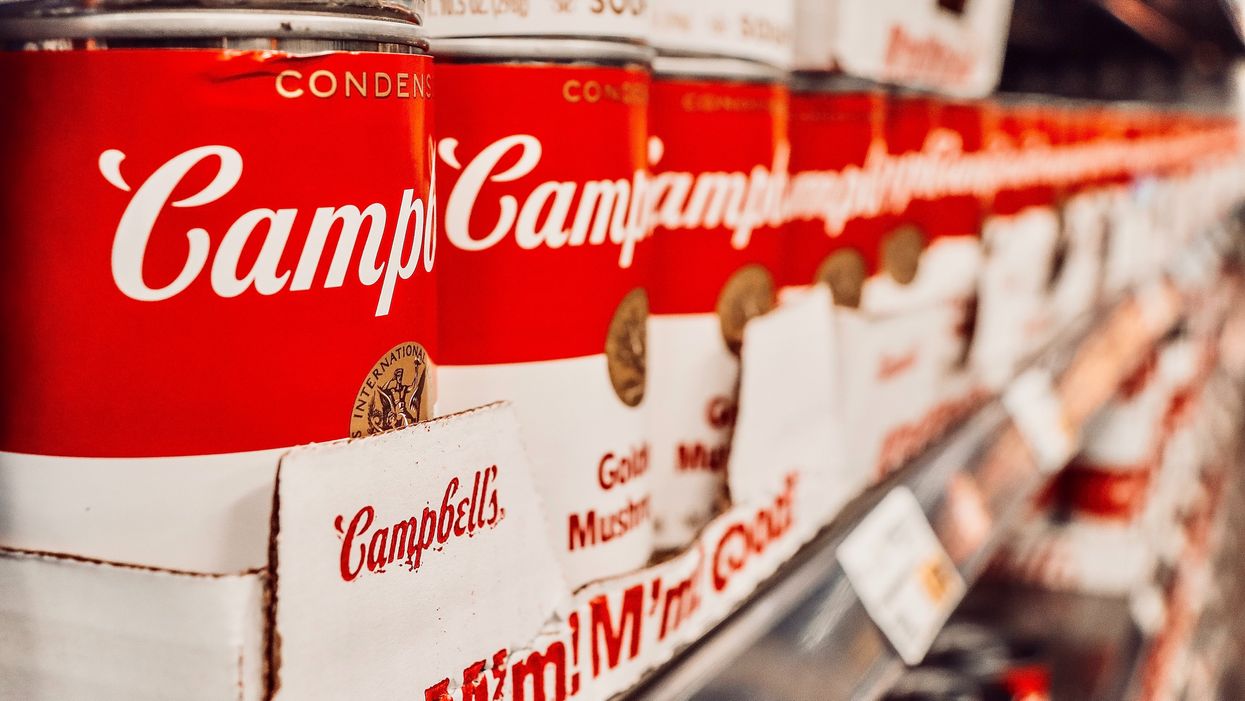This week, Unilever, Nike and BigCommerce are seeing major transitions in the executive ranks. Meanwhile, The Vitamin Shoppe named a permanent CEO, and At Home brought on a longtime Walmart executive as president.
Unilever makes leadership changes

Conny Braams. (Courtesy photo)
Consumer goods giant Unilever announced key changes in top leadership roles. These include:
Graeme Pitkethly will retire as chief financial officer, effective at the end of May 2024. The board is set to launch a formal search for his successor. Pitkethly has been with Unilever for 21 years.
Conny Braams, who serves as chief digital and commercial officer, will leave the company, effective August 2023. Braams previously held senior management roles including Executive Vice President (EVP) of Middle Europe; and EVP Foodsolutions Asia, Africa and Middle East.
Senior leadership shifts at Nike

Craig Williams. (Courtesy photo)
Nike, Inc. announced several key leadership changes focused on consumer-led growth and marketplace. They are as follows:
Heidi O’Neill who is currently president of consumer and marketplace, will become president of consumer, product and brand.
Craig Williams, who is currently president of the Jordan Brand, will become president of geographies and marketplace at Nike, Inc.
Matthew Friend, EVP and Chief Financial Officer at NIKE, Inc., will expand responsibilities to include procurement, global places and services and demand and supply management.
Jared Carver will serve as CEO of Converse. Over the last four years, he served as VP/GM of North America for Converse.
Scott Uzzell, the previous CEO of Converse, transitioned to a new role as VP/GM, North America for Nike, Inc.
“These shifts will allow us to streamline our focus across product, brand storytelling and marketplace, mining deep consumer insights to deliver breakthrough innovation and engagement, while building long-term growth and profitability,” said Nike CEO John Donahoe, in a statement.
The Vitamin Shoppe names permanent CEO

Lee Wright. (Courtesy photo)
Lee A. Wright was named CEO of The Vitamin Shoppe on a permanent basis, after serving as interim CEO since January 2023. Wright previously served as Chief Commercial Officer of Franchise Group and in executive roles at Conn’s.
Muriel Gonzalez was promoted to president of the retailer, after serving as EVP and chief merchandising and marketing officer of The Vitamin Shoppe since August 2020.
BigCommerce names CFO, key leaders
BigCommerce announced the following leadership roles:
Daniel Lentz was promoted to chief financial officer of BigCommerce, effective July 1. He previously served as SVP of finance and investor relations. Lentz will succeed CFO Robert Alvarez, who is retiring after a 12-year stint as CFO.
Chuck Cassidy was promoted to general counsel, effective June 2. Cassidy previously served as VP and associate general counsel. He will succeed Jeff Mengoli, who is retiring.
Hubert Ban was named chief accounting officer. He will replace Vice President of Accounting and Principal Accounting Officer Thomas Aylor, who departed the ecommerce platform on May 19.
At Home names president

Jeff Evans. (Courtesy photo)
Jeff Evans was named president and chief merchandising officer of At Home, the home goods retailer.
Evans previously served as EVP of entertainment, toys and seasonal at Walmart, managing the largest general merchandise business for the retailer. He rose to the position after serving in executive roles at Walmart US and Sam’s Club.
